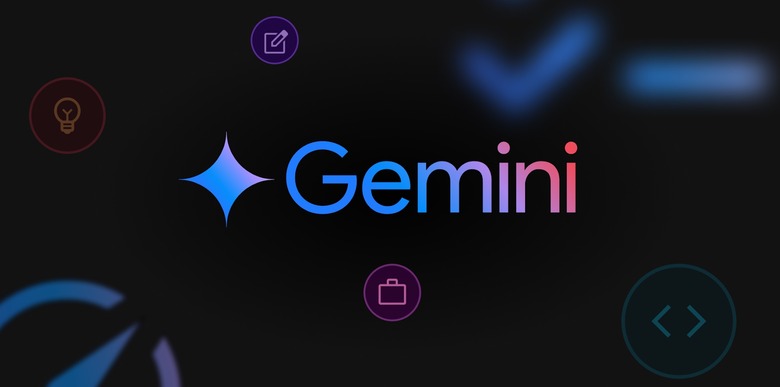Google's New AI Solves Superbug Problems In Two Days - Human Researchers Needed A Decade
Superbugs are what we routinely call bacteria that grow resistant to antibiotics. The name isn't exaggerated, as these acquired defenses allow the superbugs to survive and potentially provoke more havoc.
Scientists like Professor José R Penadés's team at Imperial College London have been trying to figure out how superbugs get their problems in the hope of a solution for years, working on a theory they did not share with anyone until the arrival of a new piece of AI.
Google's newly released co-scientist AI (based on Gemini 2.0) needed only 48 hours to reach the same conclusion as the scientists after a decade of research. The AI also came up with additional reasons why a bug might get superpowers, including a new concept scientists are now studying.
Penadés detailed his experience learning that the AI had solved the problem in two days on BBC Radio Four's Today.
"I was shopping with somebody, I said, 'please leave me alone for an hour, I need to digest this thing,'" he said. Penadés emailed Google to inquire whether Google had access to his data and whether the AI had seen his team's work to reach that conclusion so fast.
That would be the first thing that would cross anyone's mind when seeing AI guess exactly the premise you were working on. But Google denied having access to the researc. The co-scientist AI came up with the answer on its own.
"It's not just that the top hypothesis they provide was the right one," the researcher said. "It's that they provide another four, and all of them made sense. And for one of them, we never thought about it, and we're now working on that."
It's unclear what the AI suggested that the researchers didn't figure out on their own, but the experience shows how AI can help with specific tasks, including research. While the AI confirmed researchers' findings, the speed of such an advanced computer program could save them years of research. They could spend the time working on solutions for the problems they're studying. Conversely, that's where AI could also help.
So, what was Google's co-scientist AI doing that was so brilliant? The program proposed that bacteria that become superbugs can form a tail from different viruses, which lets them continue spreading across species.
The researchers have been working on this assumption for a decade. However, Penadés's team did not share their ongoing work with anyone outside the organization and did not publish any findings.
AI will not always find the right solution for your needs, and it will continue to imagine things that are not real. But fine-tuned AI like Google's co-scientist might become a tool other researchers use to advance their work quickly.
Penadés told the BBC that he understands the worries about AI taking over jobs, but what he saw with Google's AI doesn't fall into the same category. "When you think about it it's more that you have an extremely powerful tool," he said.
"I feel this will change science, definitely," Penadés added.
"I'm in front of something that is spectacular, and I'm very happy to be part of that. It's like you have the opportunity to be playing a big match – I feel like I'm finally playing a Champions League match with this thing."
His team also thinks the new Google AI will be useful in the future. It'll be interesting to see whether the researchers can actually find ways to kill the superbugs with existing or new antibiotics now that they can rely on AI to help.
